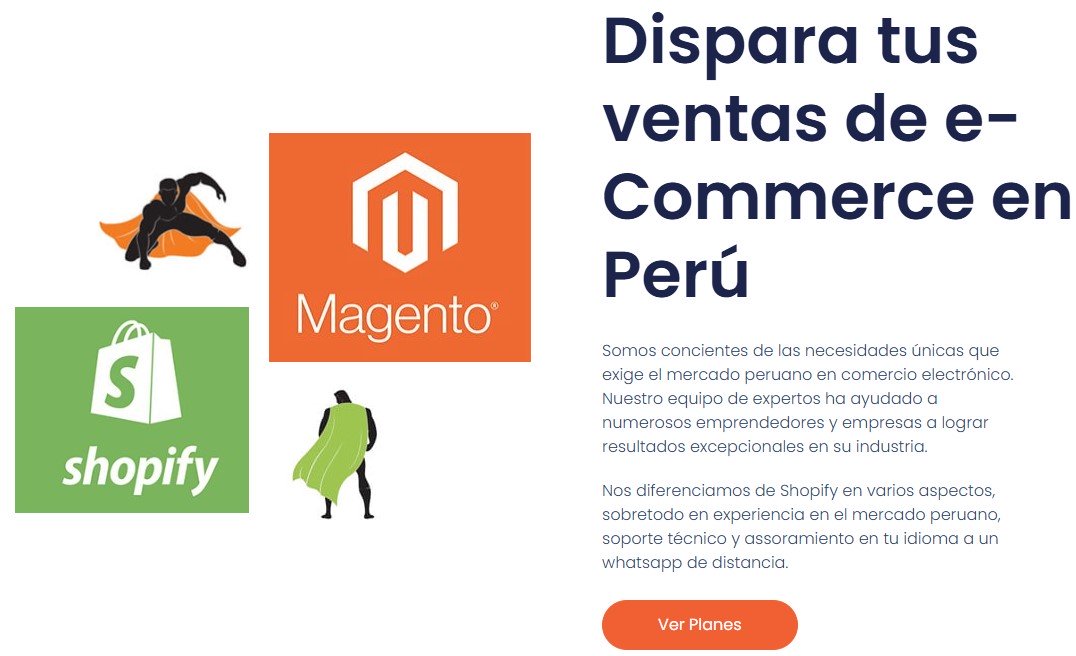
Las fintech y su impacto en el acceso a servicios financieros
Imagine a world where getting access to financial services is as easy as sending a text message or tapping a few buttons on your phone. Well, thanks to the rise of fintech companies, this futuristic vision is becoming a reality for millions of people around the globe.
From personal loans to investment platforms, fintech companies are revolutionizing the way we interact with our money. But what exactly are fintech companies, and how are they changing the game when it comes to financial services?
What are fintech companies?
Fintech, short for financial technology, refers to the use of technology to deliver financial services in a more efficient and innovative way. These companies leverage cutting-edge technology such as artificial intelligence, blockchain, and machine learning to streamline processes and improve customer experiences.
Whether it’s mobile banking apps, peer-to-peer lending platforms, or robo-advisors, fintech companies are disrupting traditional financial institutions and offering consumers a more convenient and accessible way to manage their finances.
How do fintech companies impact access to financial services?
One of the key advantages of fintech companies is their ability to reach underserved populations who may have limited access to traditional banking services. By leveraging technology, fintech companies can offer financial products and services to individuals and businesses that may have been overlooked by traditional banks.
For example, in developing countries where a large percentage of the population remains unbanked, fintech companies are stepping in to provide digital financial solutions that can be accessed via mobile phones. This not only expands access to financial services but also empowers individuals to participate in the formal economy.
What are some popular fintech services?
There are a wide variety of fintech services available today, each catering to different needs and preferences. Some popular fintech services include:
- Peer-to-peer lending platforms
- Digital payment solutions
- Online investment platforms
- Personal finance management apps
- Cryptocurrency exchanges
These services offer consumers a more convenient and cost-effective way to manage their finances, making it easier to save, invest, and transact without the hassle of traditional banking processes.
How are fintech companies changing the financial landscape?
Traditional financial institutions are feeling the pressure to adapt to the changing landscape brought about by fintech companies. In response, many banks are partnering with fintech firms to enhance their digital offerings and provide a more seamless customer experience.
Additionally, regulators are starting to take notice of the impact fintech companies are having on the financial industry. Many governments are introducing new regulations to ensure the safety and security of fintech services while also promoting innovation and competition in the market.
What does the future hold for fintech?
The future of fintech looks bright as technology continues to evolve and consumer preferences shift towards digital solutions. As more people embrace fintech services, we can expect to see even more innovative products and services that cater to a wider range of financial needs.
With increased access to financial services, individuals and businesses have the opportunity to take control of their financial futures and make informed decisions about their money. Fintech companies are democratizing finance and paving the way for a more inclusive and connected global economy.
FAQ
What are the benefits of using fintech services?
Using fintech services offers several benefits, including convenience, lower fees, faster transactions, and access to innovative financial products that may not be available through traditional banks.
Are fintech services safe to use?
Most fintech companies prioritize security and employ advanced encryption techniques to protect customer data. However, it’s essential to do your research and choose reputable fintech companies with strong security measures in place.
Can fintech companies help people with limited access to traditional banking services?
Yes, fintech companies are helping to bridge the gap for underserved populations by offering digital financial solutions that can be accessed via mobile phones and the internet. This expanded access to financial services empowers individuals to participate in the formal economy and improve their financial well-being.



















